Cast + Creative
Cast

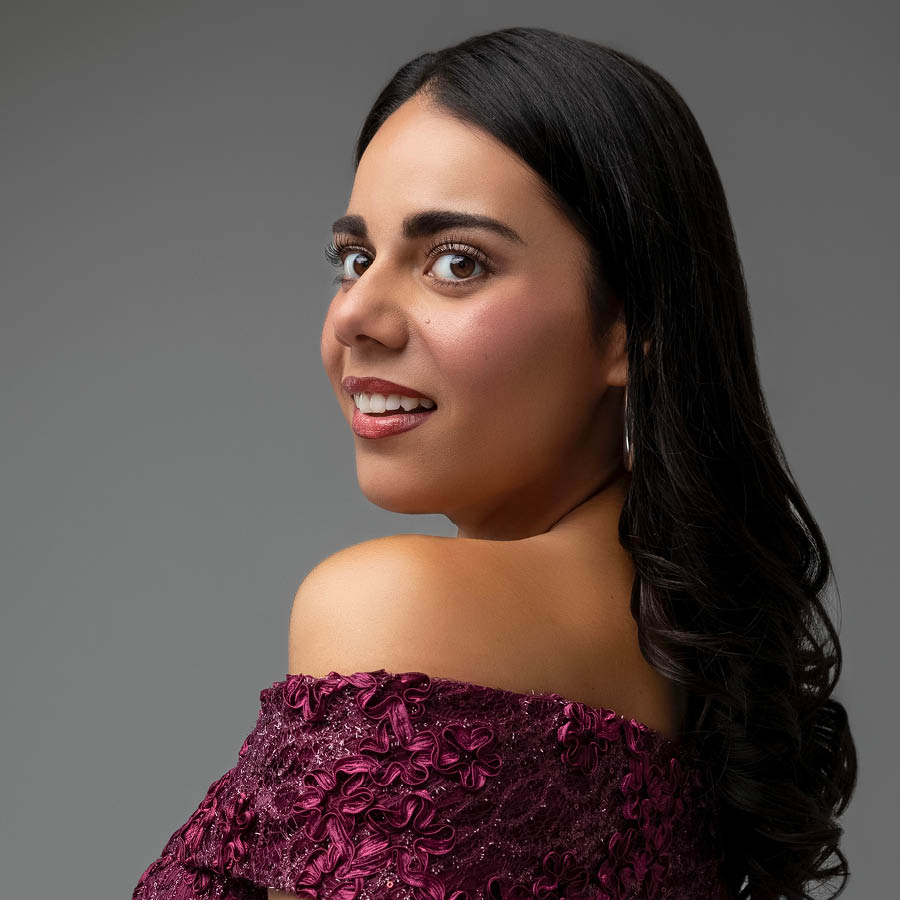

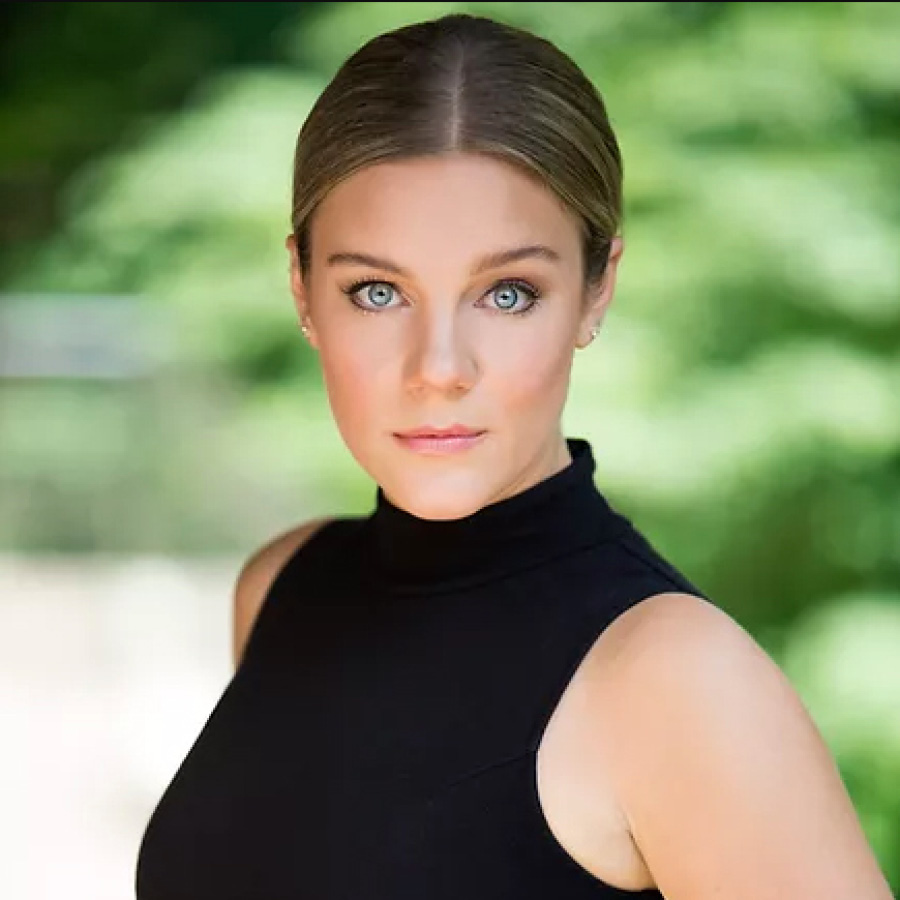


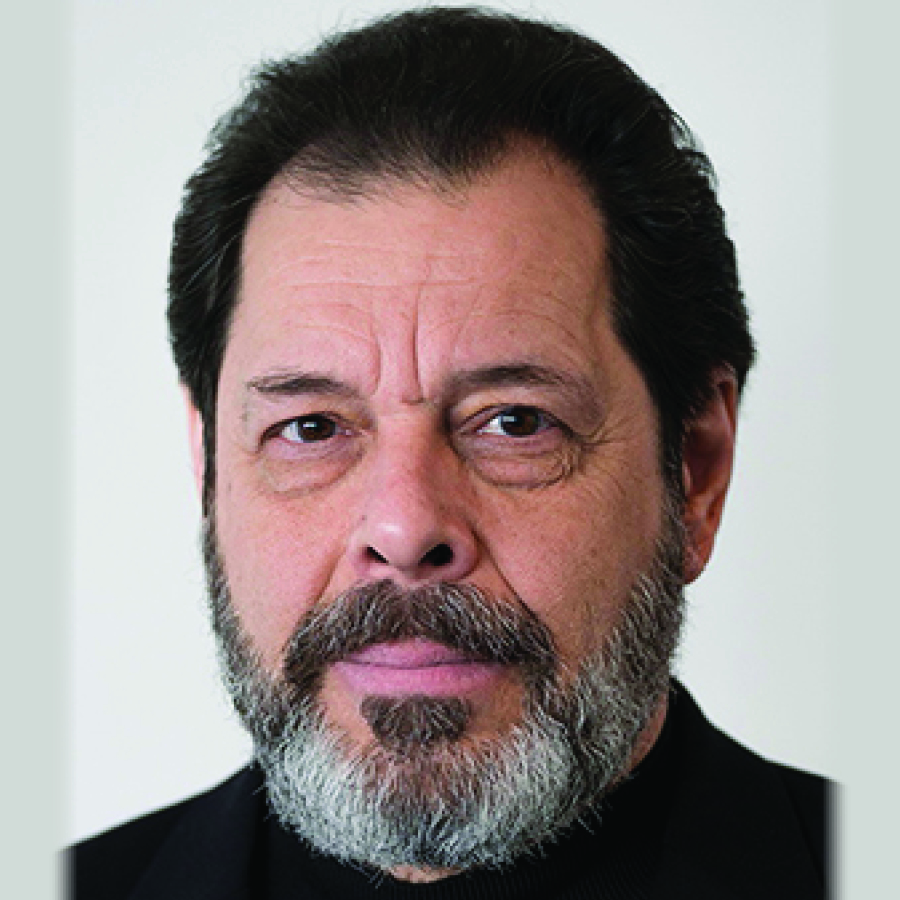
Creative

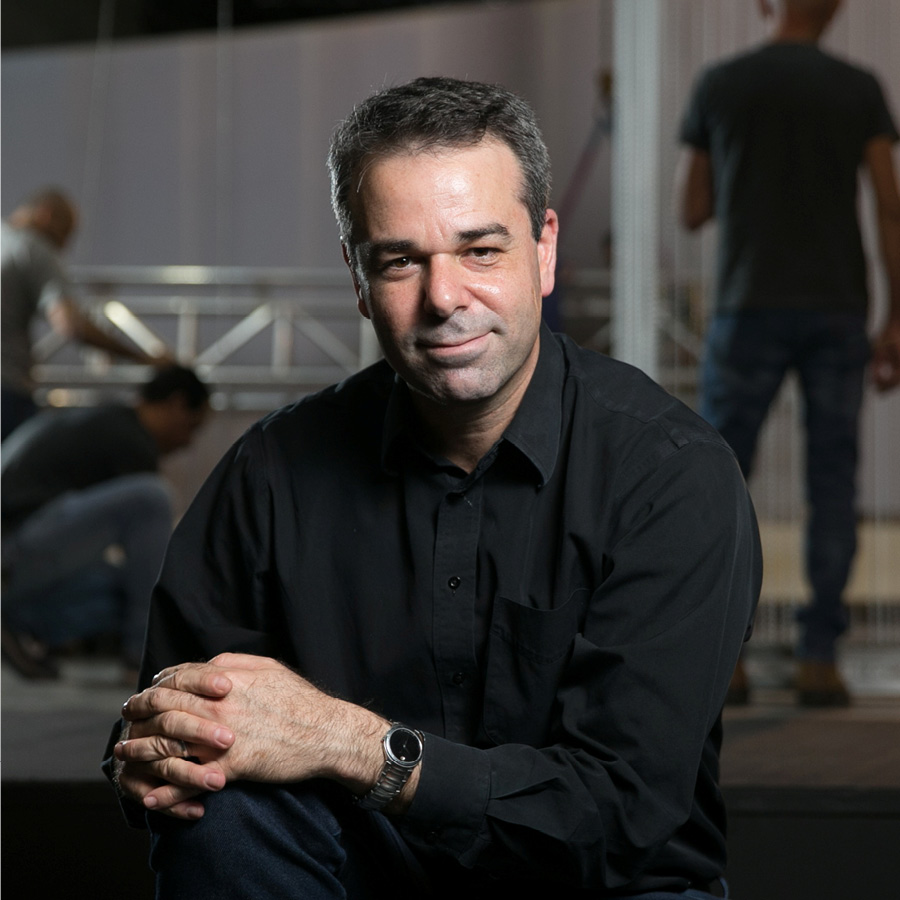
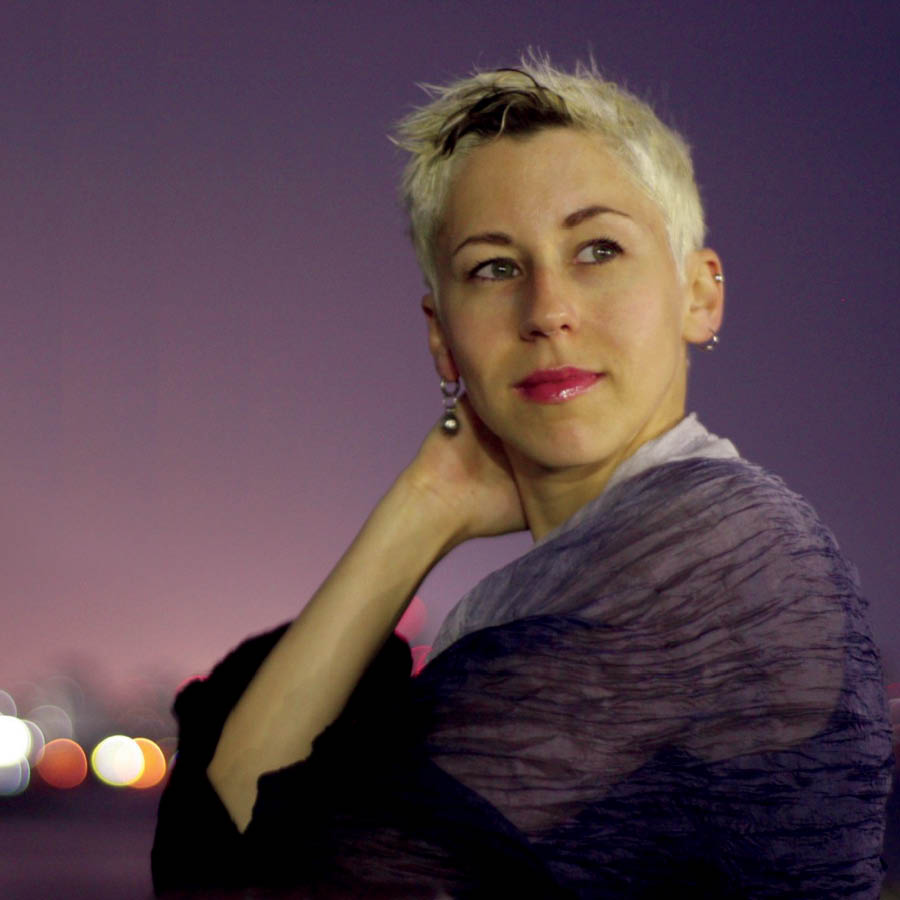

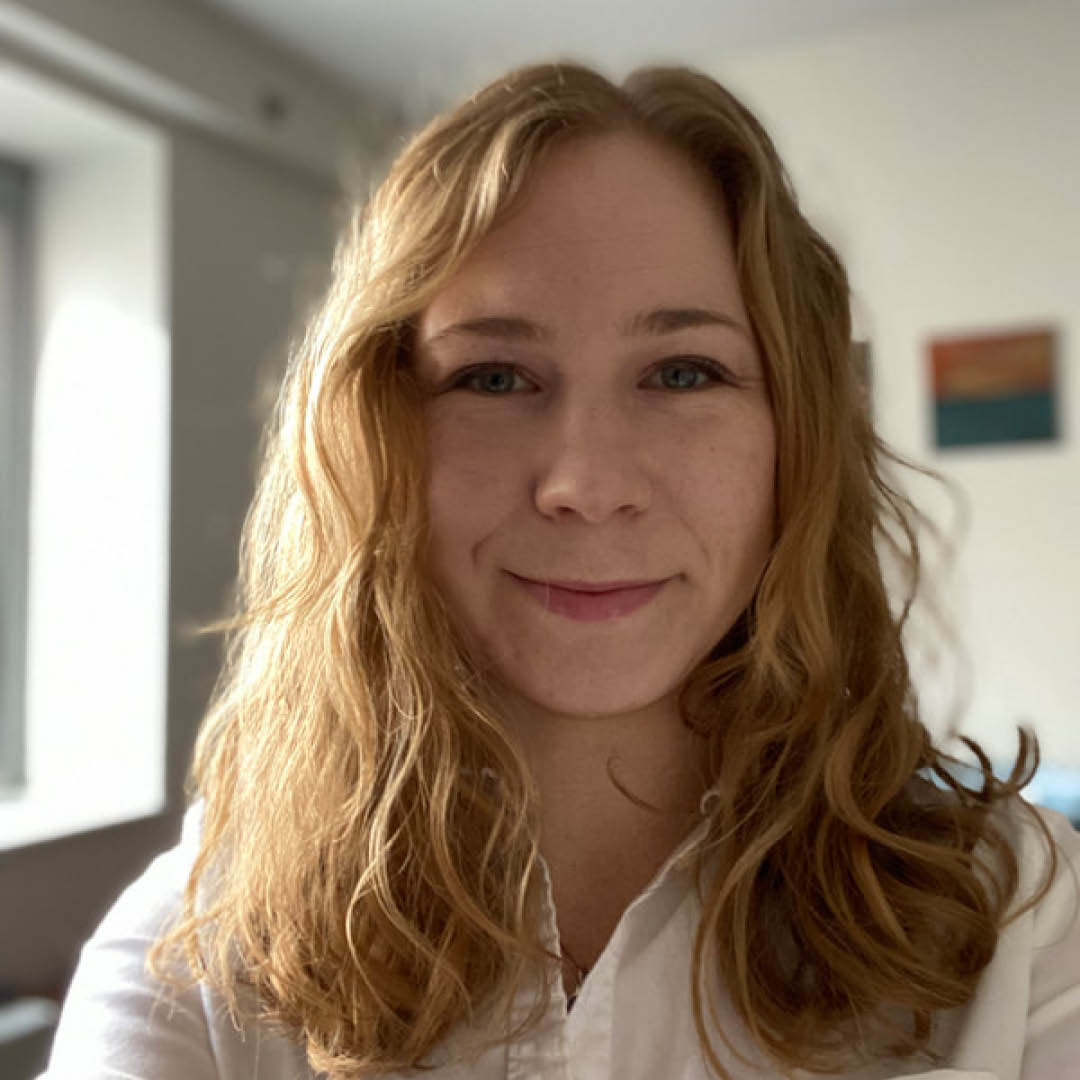


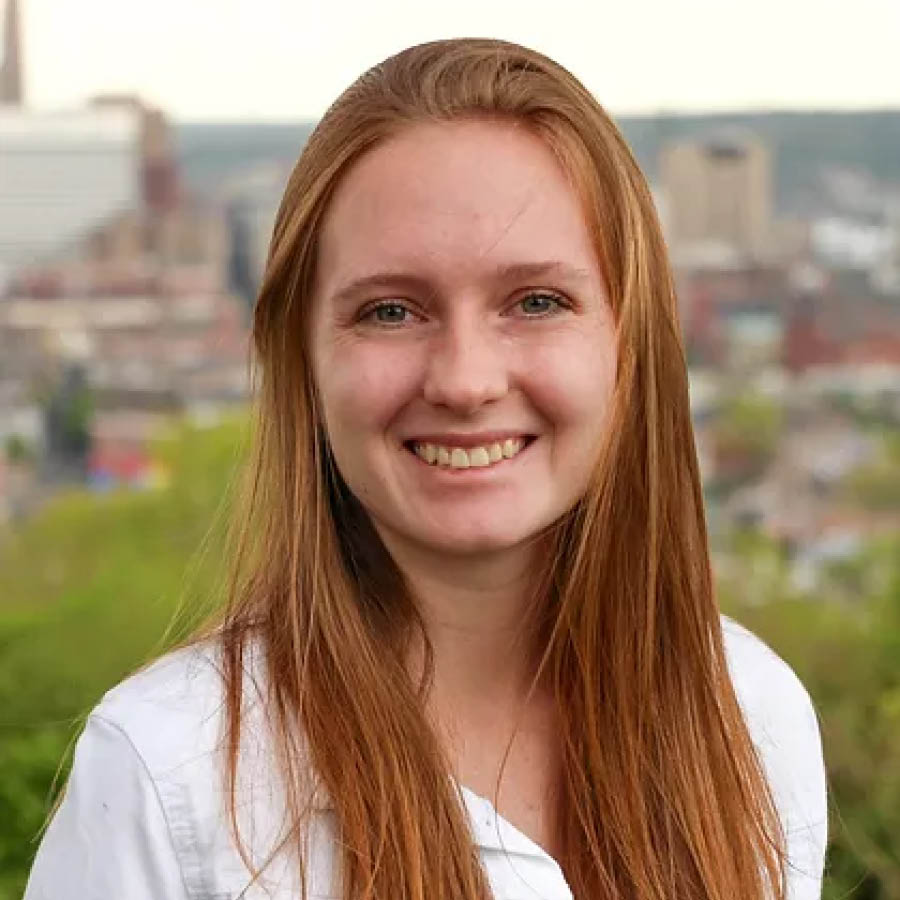

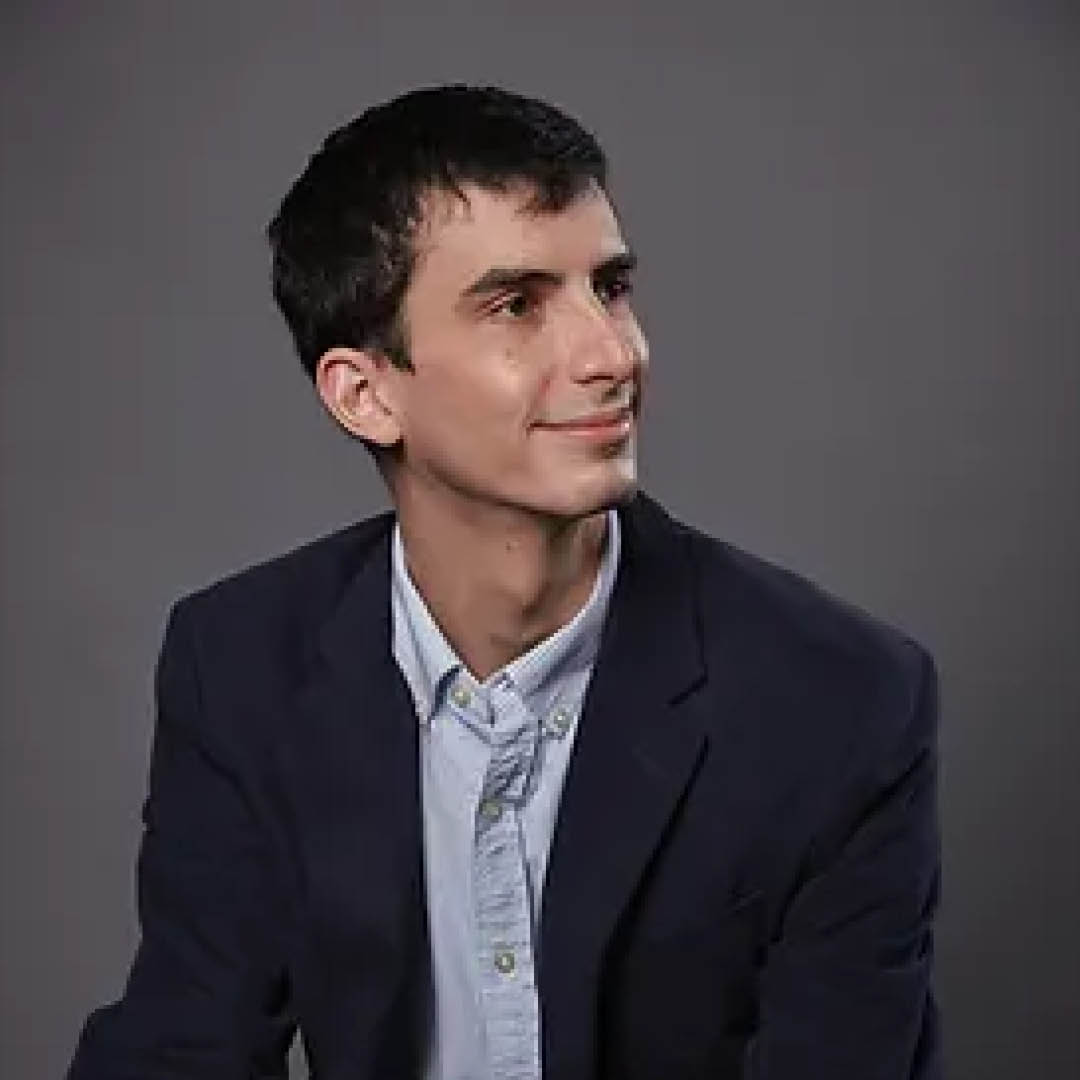

Plan Your Visit
Pullman Yards
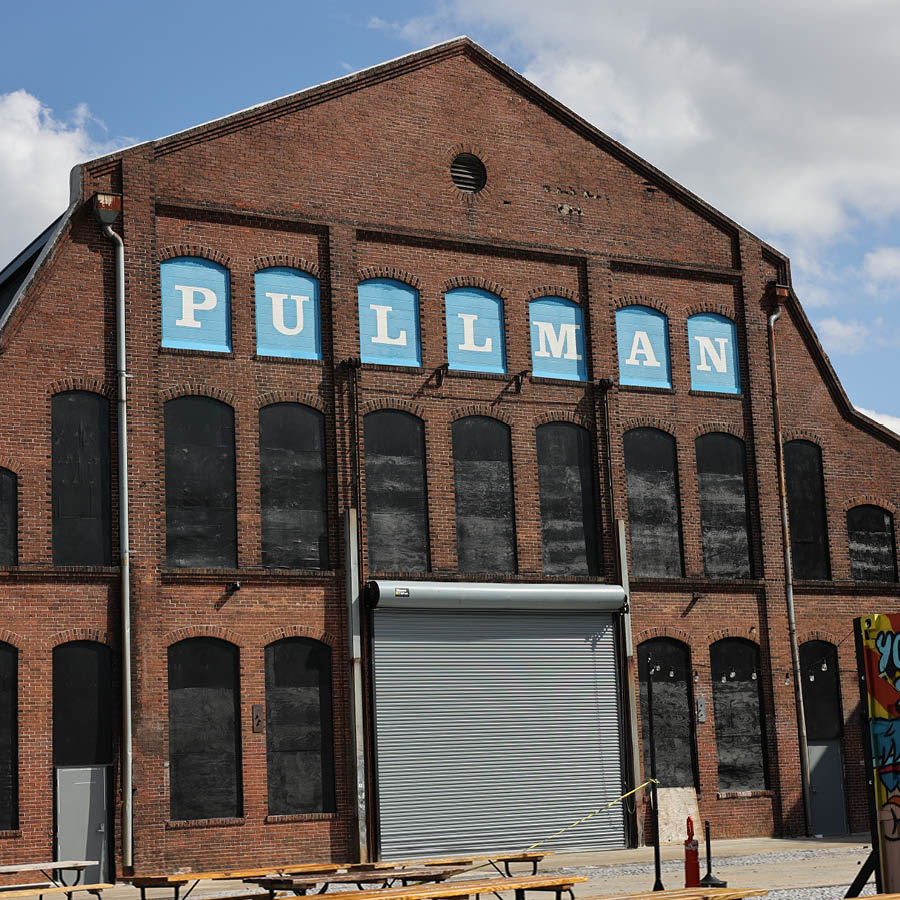
Composer: Giacomo Puccini
Librettist: Luigi Illica & Giuseppe Giacosa
Based on: Scènes de la vie de bohème (Scenes of the bohemian life) by Henri Murger
Premiere Performance: February 1, 1896—Teatro Regio, Turin
Following the 2023-24 season’s traditional production of Puccini’s La bohème, in September the Atlanta Opera Discoveries series continues the “Bohème Project” with two immersive productions at Pullman Yards. Produced by Tomer Zvulun with Ukranian-Israeli American designer, director, and multimedia artist Vita Tzykun, the Discoveries series “Bohème Project” comprises repertory performances of a modern-day La bohème–with the COVID-19 pandemic in place of tuberculosis—with the Broadway show it inspired, Jonathan Larson’s Rent, which updated Puccini’s story of friendship, passion, and art by setting it in the midst of the 1990’s HIV/AIDS crisis. Both performed on the same set, with the action taking place in and around the seated audience, the productions will feature different casts and musical forces and will alternate nights for most of the run.
Three Pandemics. Three Centuries. One Story.



















